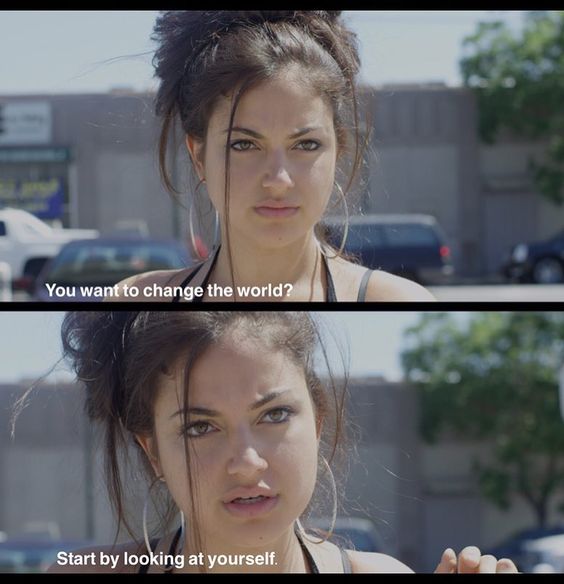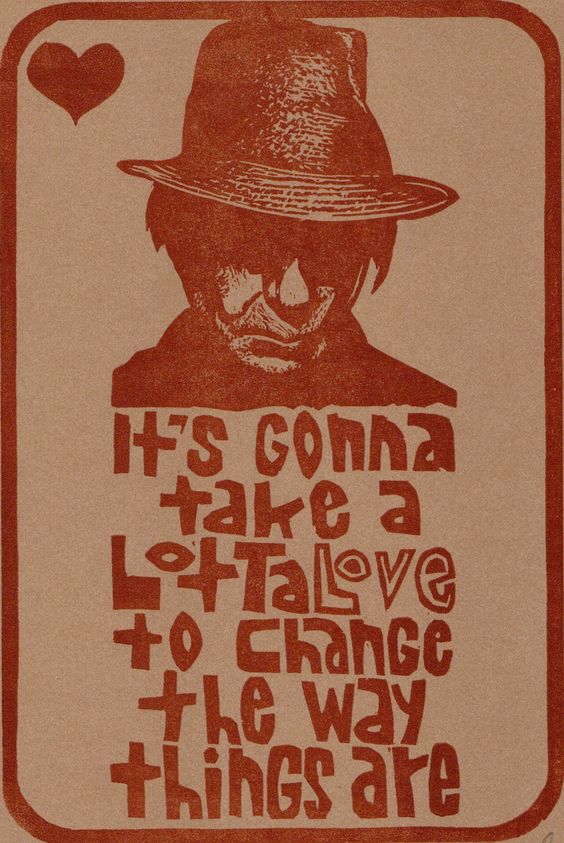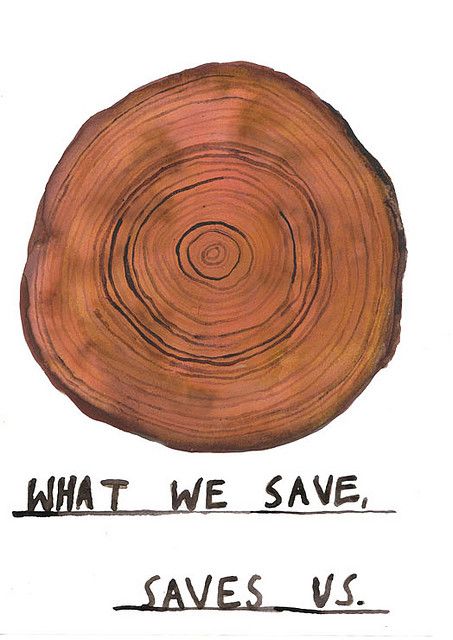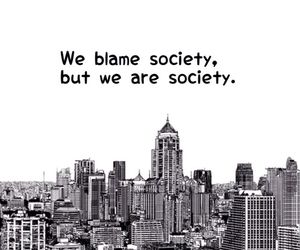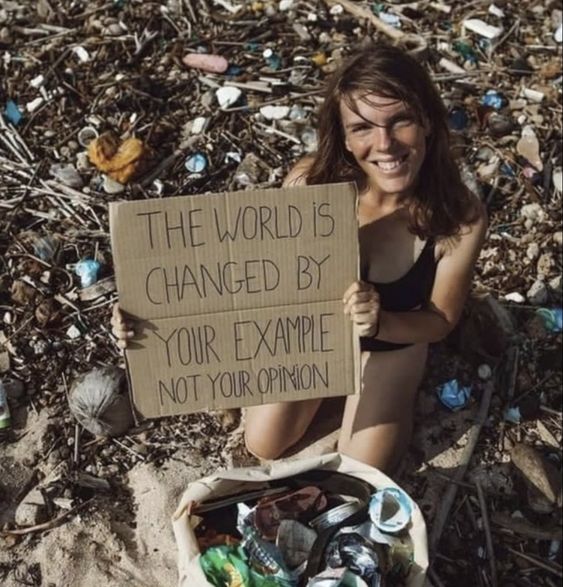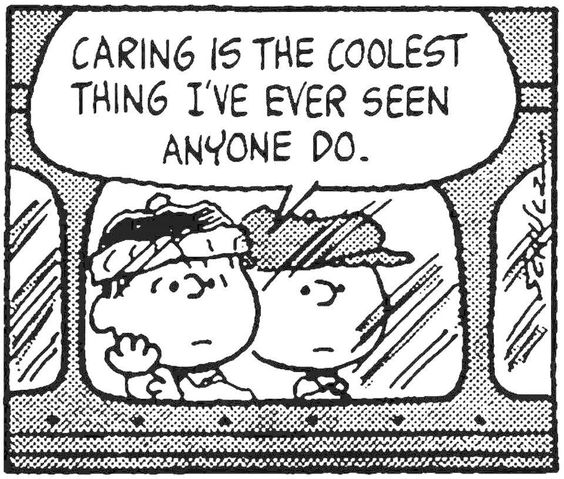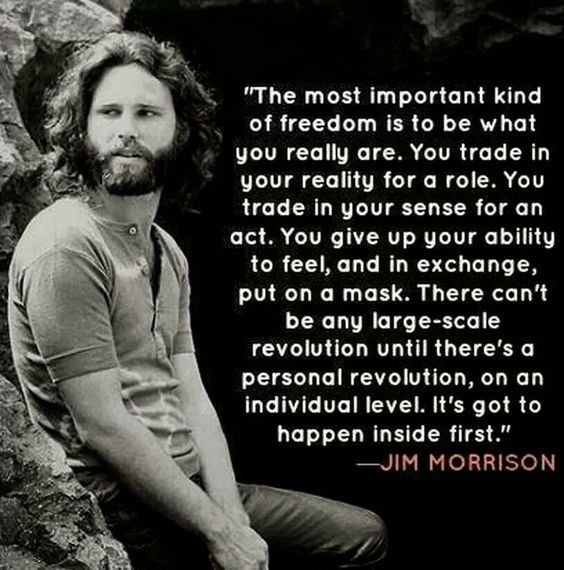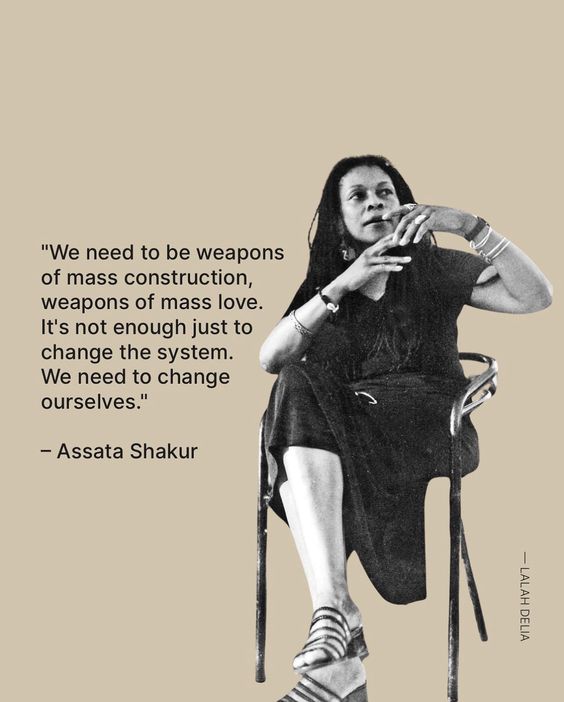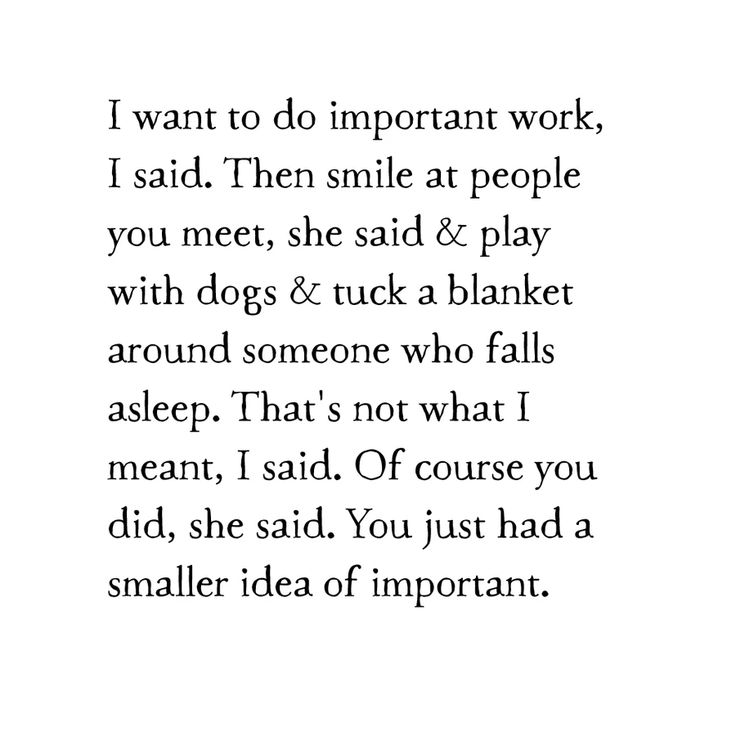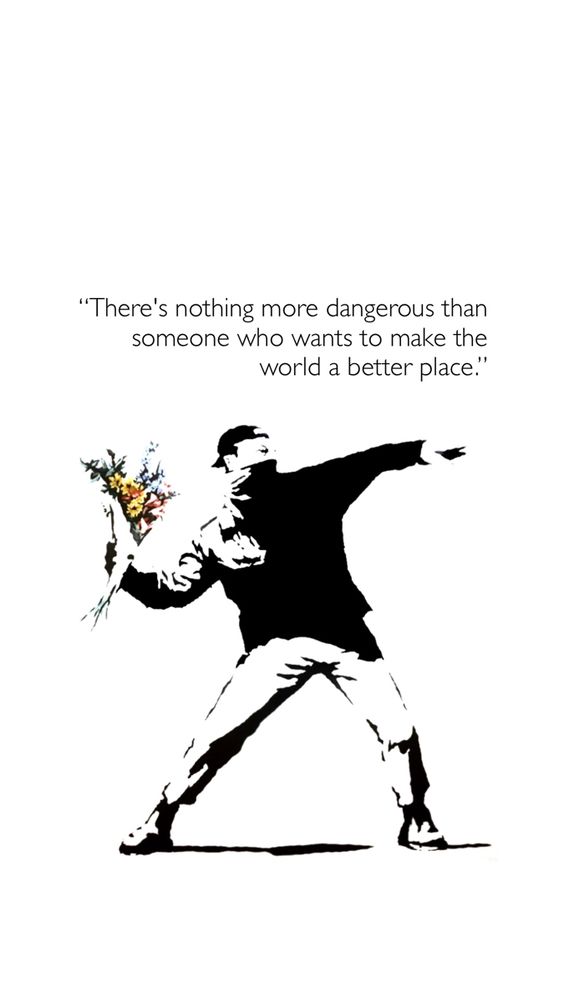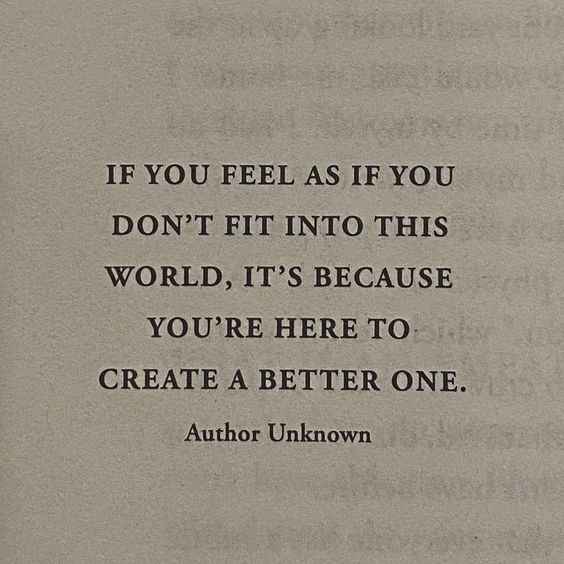“The rest of my teachers maybe did the best they could, but they just needed a lot of help making their best better. There were so many things we needed in those classrooms, in our city, in our state, in our country that our teachers could have provided if they would have gone home and really done their homework. They never once said the words: ‘economic inequality,’ ‘housing discrimination,’ ‘sexual violence,’ ‘mass incarceration,’ ‘homophobia,’ ’empire,’ ‘mass eviction,’ ‘post traumatic stress disorder,’ ‘white supremacy,’ ‘patriarchy,’ ‘neo-confederacy,’ ‘mental health,’ or ‘parental abuse,’ yet every student and teacher at that school lived in a world shaped by those words.”
Kiese Laymon, Heavy (Page 114)
“Inner work helps us rise above our old conditioning so that we decrease the harm we recreate in our interactions. The outer work of collective action makes compassion structural — it helps us build a world where people can feel safe and have their material needs met without directly or indirectly harming one another. Self-awareness that becomes collective action is the medicine this earth needs.”
Yung Pueblo
“You may ask yourself: which comes first—inner work or working to make the world a better place? the answer is both can happen at the same time. We are all deeply imperfect and full of conditioning that clouds the mind. Inner work is a lifelong journey, and so we should not wait until we get to the ‘end’ of our healing to help others.”
Yung Pueblo
“Your inner doom & gloom thoughts and feelings have no power over you unless you give it away. It’s possible to make mistakes and still be accepted and valued for who you are. It’s also possible to not be at your best and still make an impact. Hopefully, knowing this activates a sense of freedom that allows you to enjoy yourself more in all you do.”
Nat Couropmitree
“The renewal of societies and organizations can go forward only if someone cares. Apathy and lowered motivation are the most widely noted characteristics of a civilization in decline. Apathetic men and women accomplish nothing. Those who believe in nothing change nothing for the better. They renew nothing and heal no one, least of all themselves.”
John W. Gardner, Self-Renewal (Page xxi)
“[Marketing for the U.S. Presidential Election] is going to make you feel like Tuesday, November 5, is the only day that matters. And that day does matter. But, man, November 6 ain’t nothing to sneeze at—or November 7. If your guy loses, bad things might happen. But the country is not over. And if your guy wins, the country is in no way saved. I’ve learned one thing over these last nine years. And I was glib at best and probably dismissive at worst about this. The work of making this world resemble one that you would prefer to live in is a lunch pail [bleep] job, day in and day out, where thousands of committed, anonymous, smart, and dedicated people bang on closed doors and pick up those that are fallen and grind away on issues till they get a positive result. And even then, have to stay on to make sure that result holds. So the good news is I’m not saying you don’t have to worry about who wins the election. I’m saying you have to worry about every day before it and every day after—forever.”
Jon Stewart, The Daily Show
“We have reduced the world to its present state of chaos by our self-centered activity, by our prejudices, our hatreds, our nationalism, and when we say we cannot do anything about it, we are accepting disorder in ourselves as inevitable. We have splintered the world into fragments and if we ourselves are broken, fragmented, our relationship with the world will also be broken. But if, when we act, we act totally, then our relationship with the world undergoes a tremendous revolution.”
J. Krishnamurti, Freedom From The Known (Page 119)
“Every day we see or read of appalling things happening in the world as the result of violence in man. You may say, ‘I can’t do anything about it’, or, ‘How can I influence the world?’ I think you can tremendously influence the world if in yourself you are not violent, if you lead actually every day a peaceful life—a life which is not competitive, ambitious, envious—a life which does not create enmity. Small fires can become a blaze.”
J. Krishnamurti, Freedom From The Known (Page 118)

